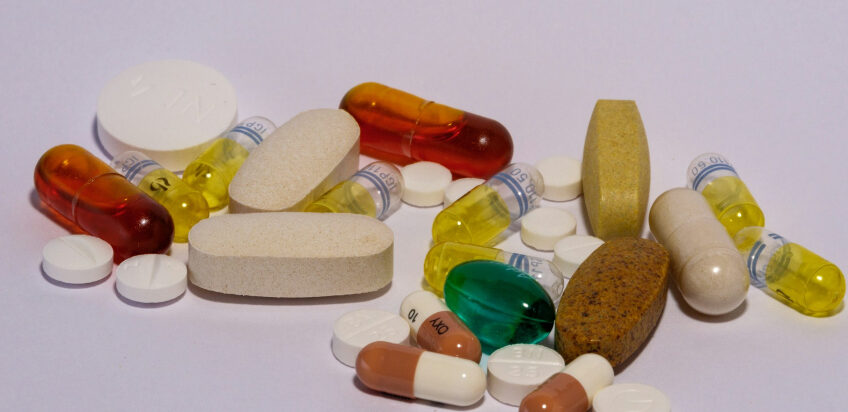Medication is meant to help patients heal, manage conditions, and prevent complications. Unfortunately, when medication errors occur, they can cause severe harm or even death. According to national studies, medication mistakes are one of the most common causes of preventable patient injury in healthcare. In New Jersey, patients who suffer because of a medication error may have the right to seek compensation—but determining who is legally responsible can be complicated.
What Is a Medication Error?
A medication error is any preventable event that leads to the wrong drug, dose, route, or timing being given to a patient. Common examples include:
- Prescribing the wrong medication
- Dispensing the wrong drug at the pharmacy
- Administering the wrong dose or giving it at the wrong time
- Failing to account for allergies, interactions, or contraindications
- Poor labeling or unclear instructions
Medication errors can happen in hospitals, pharmacies, nursing homes, and even outpatient clinics. Because multiple healthcare professionals are often involved, figuring out liability requires a careful investigation.
Potentially Liable Parties
Several parties may be legally responsible for a medication error, depending on where and how it happened.
Physicians and PrescribersDoctors, nurse practitioners, and other prescribers have a duty to prescribe the correct drug, at the correct dose, and to consider a patient’s medical history. If they make an error—such as prescribing a medication that interacts with another drug the patient is taking—they may be held liable for malpractice.
Pharmacists and PharmaciesPharmacists must accurately fill prescriptions, check for potential interactions, and provide proper counseling. Dispensing the wrong drug or wrong dosage can result in pharmacy liability. In some cases, the pharmacy itself can be held responsible if systemic issues, such as understaffing, contributed to the mistake.
Nurses and Hospital StaffIn hospital settings, nurses and staff members may be responsible for administering medications correctly. Giving the wrong drug, missing a scheduled dose, or failing to monitor a patient for adverse effects can form the basis for a negligence claim.
Hospitals and Healthcare FacilitiesIf a medication error results from inadequate training, poor communication systems, or unsafe staffing policies, the hospital or nursing home can be held vicariously liable for the actions of its employees.
Pharmaceutical ManufacturersIn rare cases, the error may be traced back to a drug manufacturer—for example, when labeling is misleading or when packaging design makes it easy to confuse one medication with another. In these situations, a product liability claim may be appropriate.
Proving Liability
To recover damages, a patient must prove that a healthcare provider or entity breached the standard of care and that this breach directly caused harm. This often requires expert testimony from medical professionals who can explain how the error occurred and how it deviated from accepted practice. Medical records, prescription logs, and witness statements are critical evidence.
Damages Available
Victims of medication errors may be entitled to compensation for:
- Medical expenses (hospitalization, additional treatment)
- Lost wages and future earning capacity
- Pain and suffering
- Emotional distress
- Long-term care needs, if the injury is permanent
In cases of reckless or intentional misconduct, punitive damages may also be available, though these are limited under New Jersey law.
Conclusion
Medication errors can have devastating consequences, but patients are not without recourse. In New Jersey, liability may extend to doctors, pharmacists, nurses, hospitals, or even drug manufacturers depending on where the breakdown occurred. Because these cases often involve complex medical and legal issues, consulting an experienced malpractice attorney is essential. A knowledgeable lawyer can investigate the error, identify all responsible parties, and pursue the compensation necessary to cover the physical, emotional, and financial impact of the mistake.
